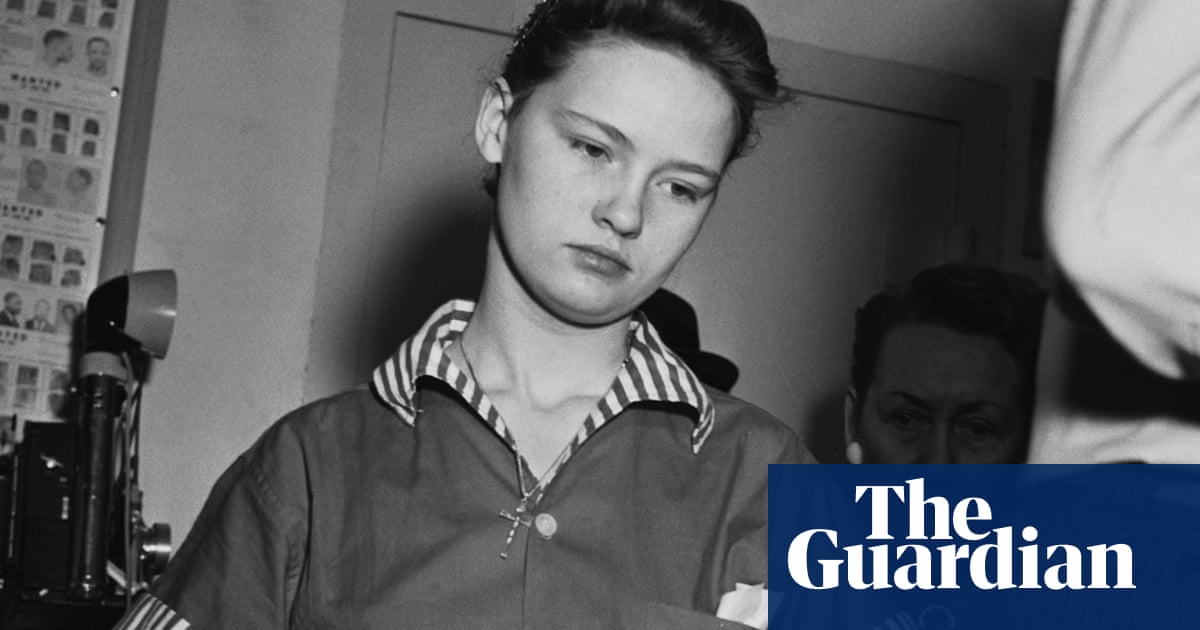
he Paralympics begins this week, and we’re about to see some fantastic sport, from Ellie Simmonds in the pool to Sarah Storey in the velodrome. But, unfortunately, we’re also about to hear lots of cringe-worthy takes on disability.
The most jarring opinion I have repeatedly come across online is the idea, rooted in the “disabled shirker” narrative, that Paralympic athletes represent what all disabled people could achieve if they just applied themselves. If Hannah Cockroft can wheel 100m in 17.42 seconds, then surely the rest of us can at least make our way to a job interview?
What this argument misses is that Paralympians have access to specialist training, equipment and funding (UK Sport figures show nearly £75m has been spent on Paralympics GB for the Tokyo Games). If other disabled people received the same amount of resources and support then we would also be able to flourish in other areas, but that’s not the reality for many.
Advertisement
Disabled people are often trying incredibly hard to live fulfilling lives – going to work, dating, seeing friends at the weekend – but they are held back by systematic biases and a chronic lack of support that prevent them from partaking in everyday activities.
Let’s take the aforementioned job interview. You may be exceptionally qualified for a job, but what’s the point in applying if there’s no one to help you get washed and dressed and out the door for the interview? What if you land the job but there’s no way for you to get to the office because public transport isn’t accessible? What if an employer actually wants to hire you but can’t get a grant to install a disabled toilet? None of these barriers have anything to do with a lack of effort, and yet they systematically prevent disabled people from achieving. It’s like being asked to compete in a rowing competition without oars.
It’s not just practical support that disabled people need, a lot of barriers are attitudinal. Ableism is endemic, and if an employer doesn’t want to hire a disabled person, there is almost nothing you can do, as legal aid cuts have put employment equality cases way beyond the reach of many.
I know first-hand how the right support and attitudes can enable disabled people to succeed. I am definitely not an athlete, but I am a journalist. Despite gaining national bylines while I was at university, I struggled to find a job when I graduated – barriers appeared at every turn, from inaccessible office spaces to hours I simply couldn’t do. Until, that is, I found a BBC scheme for disabled journalists. Suddenly, my disability was not a hindrance but an opportunity, and, with the right access, hours and a willingness to adapt, I was able to do my job just as well as anyone else.
Team ParalympicsGB has high hopes for medals at the Tokyo Games.
Your guide to all the best action at the Tokyo 2020 Paralympics
Read more
But such initiatives and positive reactions to disability are few and far between. Social care budgets, which not only allow disabled people to wash and eat but to get to the shops or out for dinner, have been slashed as an ageing population causes demand to grow. Access remains atrociously bad, as laws don’t require expensive adaptations to older buildings – just try to find a pub with a disabled toilet and you’ll see what I mean. All this feeds the depressing link between disability and poverty because people are unable to access work. It also feeds social isolation as people are unable to easily meet friends and family outside the home.
When we watch the Games, we are not watching people who have “overcome” disability. What you’re seeing is people who have fought tooth and nail for the basic support to allow them to access sports with their disability, who had encouragement from those around them who believed they could achieve sporting greatness, and then had the resources to make this happen. If you think about this while you watch, not only will you understand more about the Paralympics, but the athletes’ achievements will if anything seem even more impressive.
If we want to see more disabled success, we shouldn’t look to disabled people to “try harder”, instead we should look to the government and wider society, and ask: “What are we doing to make it possible?”
Lucy Webster is a political journalist, writer and disability advocate
Comments on this piece are premoderated to ensure discussion remains on topics raised by the writer. Please be aware there may be a short delay in comments appearing on the site.












